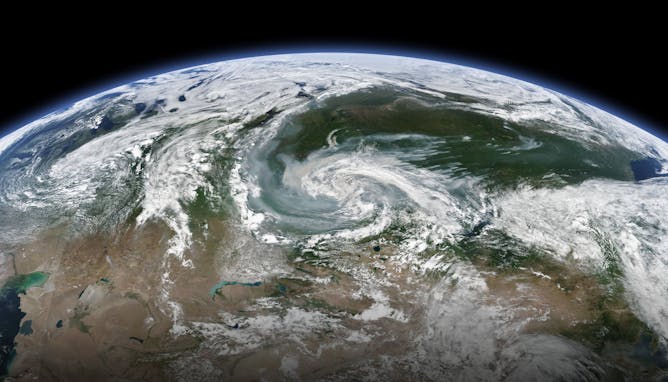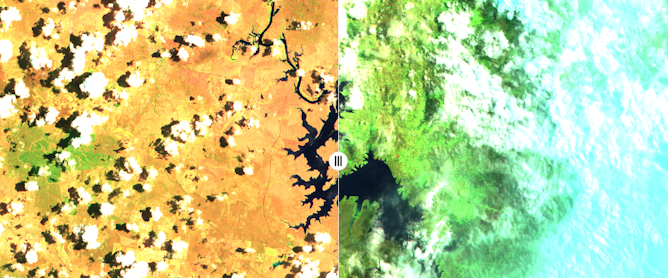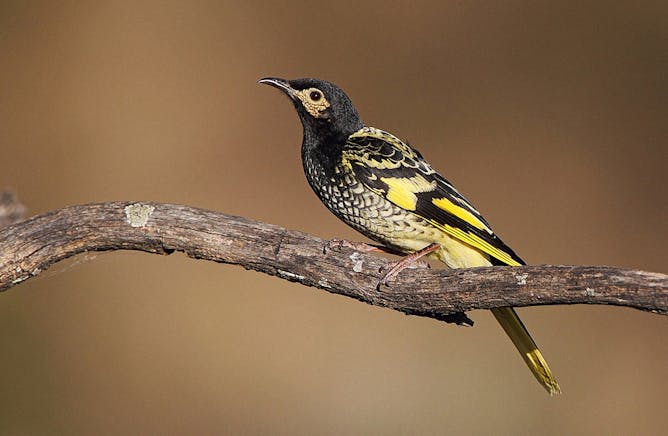|
|
|
Editor's note
|
|
Climate action is a complex topic and it can be hard for the average punter to determine if a policy stacks up. So it is with Labor’s announcement it will commit to net-zero emissions by 2050: is that enough to address the climate crisis?
The short answer is no.
As the Australian National University’s Will Steffen writes, it’s a matter of basic maths. The world can emit only a limited amount of greenhouse gas if it wants to avert highly dangerous global warming. If all nations adopted the same target as Labor – and many already have – it’s likely emissions would sail past the point where the planet can cope.
Steffen says Labor’s plan is a good start. But to be truly effective, he writes, our climate action must be far more stringent, including a ban on new fossil fuel developments.
For its part, the Coalition says Labor’s plan is unfunded and uncosted. It seems Australia’s climate wars are heating up again – we’d better strap in.
|
Nicole Hasham
Section Editor: Energy + Environment
|

|
|
Top stories
|

NASA Earth Observatory
Will Steffen, Australian National University
Simple maths reveals Labor's policy, if replicated by all other nations, would not avert dangerous global warming.
|

National Map
Sunanda Creagh, The Conversation
It's important to remember that most of this greening is due to growth of grasses, which respond more rapidly after rain.
|

Dean Ingwersen/Birdlife Australia/AAP
Holly Kirk, RMIT University; Brendan Wintle, University of Melbourne; Casey Visintin, University of Melbourne; Freya Thomas, RMIT University; Georgia Garrard, RMIT University; Kirsten Parris, University of Melbourne; Kylie Soanes, University of Melbourne; Pia Lentini, University of Melbourne; Sarah Bekessy, RMIT University
Some threatened species hit hard by the bushfires this summer have populations in and around urban areas, which are now crucial refuges. Here are some tips to help improve their odds of survival.
|

Shutterstock
Tanya Notley, Western Sydney University; Michael Dezuanni, Queensland University of Technology
The circulation of misinformation makes understanding the world difficult. Here are three ways you can help children to think critically about the news they see, hear and read.
|
Health + Medicine
|
-
Jane Varney, Monash University
The FODMAP diet was developed to reduce the symptoms of irritable bowel syndrome. But as it grows in popularity, online bloggers and 'health gurus' are promoting it for a range of unusual purposes.
-
Rebecca Stewart, Monash University; Breanna Wright, Monash University
The Australian government has committed funding to men's behaviour change programs in the wake of the murder of Hannah Clarke and her children – but what are they and do they work?
-
Paxton Loke, Murdoch Children's Research Institute
If your child has accidentally eaten something you thought they were allergic to, but doesn't have a response, they may have grown out of their food allergy. Here's the safest way to check.
|
|
Environment + Energy
|
-
Andrew King, University of Melbourne; Andy Pitman, UNSW; Anna Ukkola, Australian National University; Ben Henley, University of Melbourne; Josephine Brown, University of Melbourne
The absence of climate drivers – specifically, the Indian Ocean Dipole and La Niña – explains why Australia has gone so long without heavy rains.
|
|
Science + Technology
|
-
Katarina Miljkovic, Curtin University
NASA's InSight lander has recorded the first evidence of earthquake-like tremors on Mars. The discovery opens a new chapter in our understanding of the geological processes at play on another world.
-
Matthew Hole, Australian National University
Despite recent reports, nuclear fusion-powered energy isn't mere years from solving our clean energy needs. But physicists are making encouraging strides nonetheless.
-
Sunanda Creagh, The Conversation; Cameron Furlong, The Conversation
Today on the podcast, we explore what we know about dark energy, believed to be responsible for the acceleration of the expansion of the Universe.
|
|
Politics + Society
|
-
Michelle Grattan, University of Canberra
Mike Burgess, the head of ASIO, warns there are more foreign agents operating in Australia than at the height of the cold war - and many of them have the capability, intent, and persistence to cause significant harm.
-
Michelle Grattan, University of Canberra
Given the intensity of public feeling, the Council of the Order of Australia may find itself damned whatever its decision concerning Bettina Arndt's recently-bestowed Order of Australia
-
Adrian Beaumont, University of Melbourne
Sanders has cemented his status as front-runner for the Democratic presidential nomination ahead of Super Tuesday, even with Michael Bloomberg's entrance to the race.
|
|
Business + Economy
|
-
John Quiggin, The University of Queensland
Australia's tourism sector has been hit hard by bushfires and coronavirus. The are good reasons to think it may take a lot longer than in the past for the numbers to bounce back.
|
|
Arts + Culture
|
-
Lauren Gurrieri, RMIT University
Sunscreens' change in branding from health essential to beauty product could help us slop on more cream - but it also creates more 'beauty work' for women.
|
|
| |
Featured jobs
|
|
|
| |
| |
| |

|
| |
| |
| |
Featured events
|

|
UNSW Galleries | UNSW Art & Design | Cnr Oxford St & Greens Rd, Paddington, New South Wales, 2021, Australia — UNSW
|

|
Novotel Brisbane South Bank, 38 Cordelia St, South Brisbane, Queensland, 4101, Australia — UNSW
|

|
City Rd, Camperdown, New South Wales, 2006, Australia — University of Sydney
|

|
19 Ancora Imparo Way, Clayton, Victoria, 3800, Australia — Monash University
|
|
|
|
| |
| |
| |
| |
| |
|
|
|
|
|
|
|